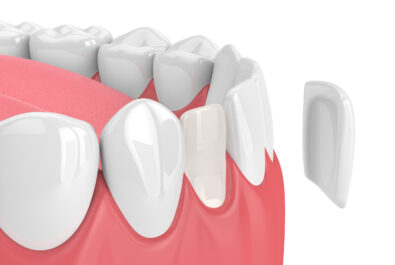While dental implants may seem like the best restoration option for your missing teeth, you’ll want to consult with your dentist to ensure that you qualify for these “new teeth.” Because of the way implants work, your mouth must have healthy gum tissue and a good amount of bone density to be able to accept these replacements. It takes dental implants a full three to six months to complete fusing with your jaw bone, when they’ll be considered “permanent.” If they are unable to fuse with your bone, they may fall out. Do you qualify for dental implants?
Questions:
- True or False: I lost my teeth to gum disease, I won’t qualify.
- True or False: My gums don’t bleed when I brush or floss my teeth, they’re healthy enough.
- True or False: I lost bone density and gum tissue to periodontitis, I’ll never be able to restore my teeth.
Answer Key:
- While you must be completely bacteria-free in order to qualify for dental implants. Just because you’ve had gum disease, doesn’t automatically disqualify you. In fact, many patients rely on dental implants to restore their smile that they lost to periodontitis. You’re not alone!
- If you don’t experience swollen or bleeding gums while you’re brushing or flossing your teeth, your gums should be healthy. A quick and easy dental exam will be able to tell you for sure if your gums are healthy enough to take to your “new teeth.”
- Many dentists offer gum tissue and bone grafting procedures that can help to rebuild what you’ve lost in order to qualify for this restoration method. However, if you are unable to rebuild your mouth enough to qualify for dental implants – there are still other restoration options that you can probably get to restore your smile functionally and cosmetically.













